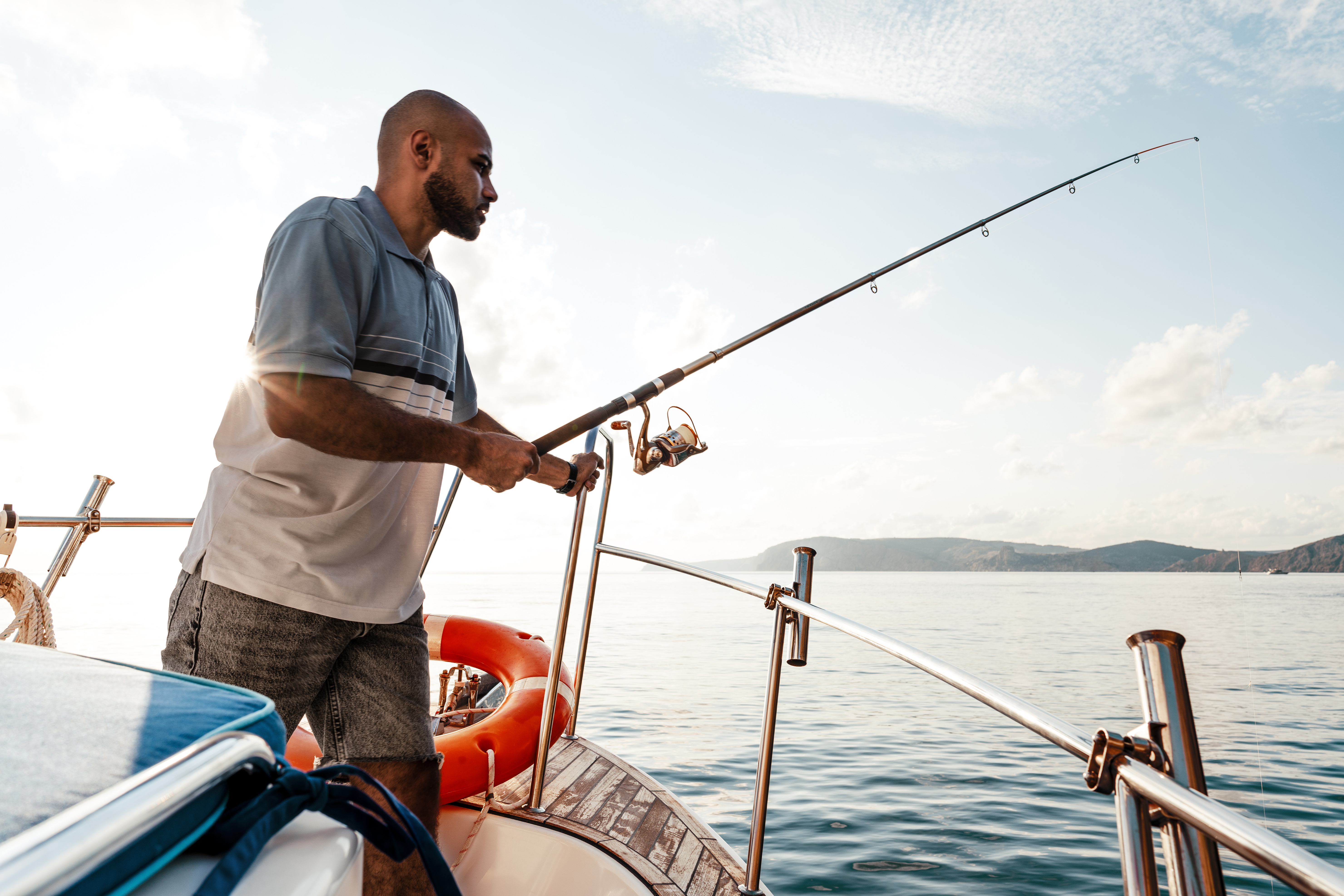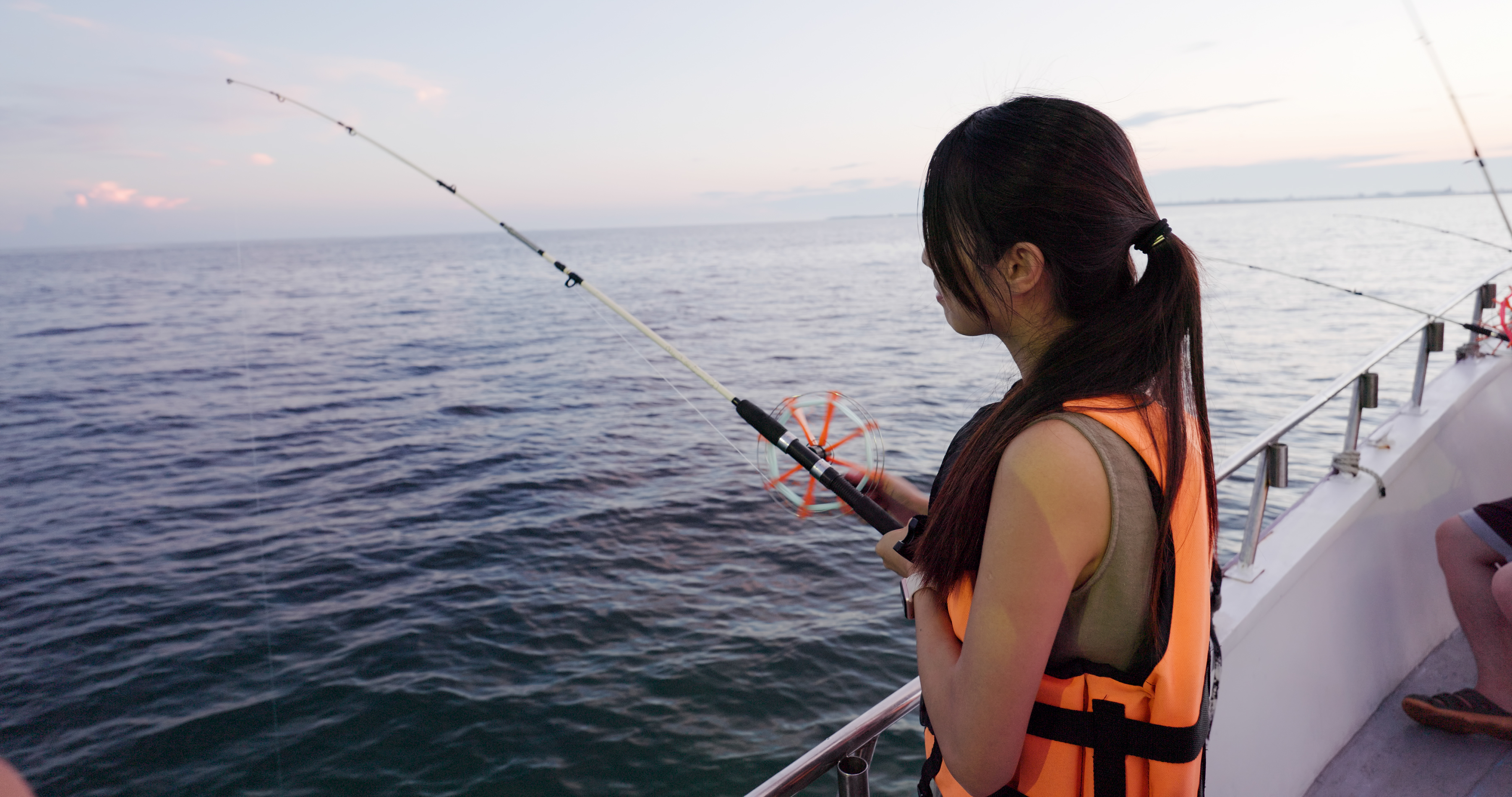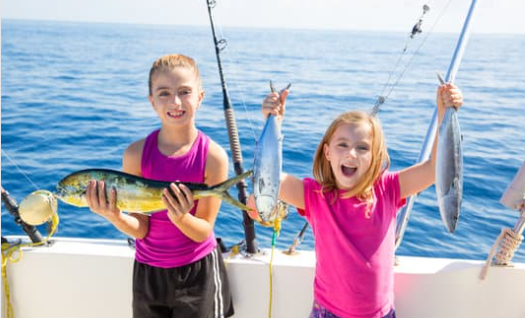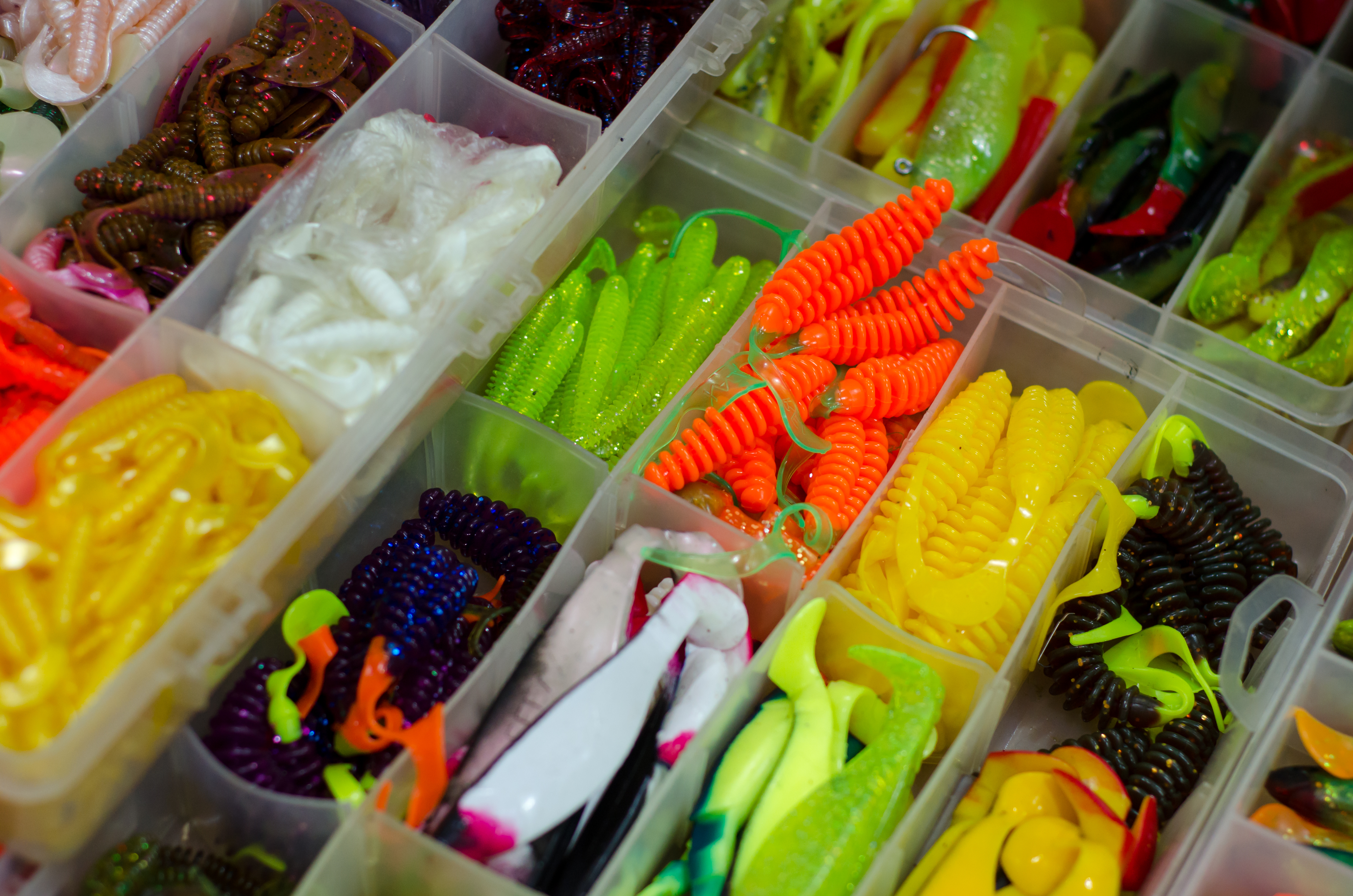Fishing is more than just a hobby; it's a timeless pursuit that connects individuals to nature and provides a sense of relaxation and fulfillment. If you're new to the world of angling, getting started can seem daunting, but fear not! With a bit of knowledge and practice, you'll soon find yourself hooked on this rewarding pastime. Here's a beginner's guide to help you embark on your fishing journey:

1. Choose the Right Gear: Before you hit the water, it's essential to have the right equipment. For beginners, a basic fishing rod and reel combo is a good starting point. Opt for a medium-action rod with a spinning reel, as they are versatile and easy to use. You'll also need fishing line, hooks, weights, and a variety of bait or lures depending on the type of fishing you plan to do.
2. Learn the Basics: Understanding the fundamentals of fishing will greatly improve your chances of success. Learn how to tie basic fishing knots, such as the improved clinch knot or the palomar knot, to secure your line and attach hooks or lures. Familiarize yourself with different types of fishing rigs and techniques, such as bait fishing, lure fishing, and fly fishing, to adapt to various fishing conditions and target different species.

3. Know Your Local Regulations: Before you cast your line, familiarize yourself with fishing regulations and licensing requirements in your area. Many jurisdictions have specific rules regarding catch limits, size restrictions, and designated fishing areas, so be sure to research and adhere to these regulations to avoid fines or penalties.
4. Start Simple: As a beginner, it's best to start with simple fishing techniques and target common freshwater species like bluegill, bass, or trout. Choose a local fishing spot such as a pond, lake, or river where these species are abundant and accessible. Practice casting and retrieving your line until you feel comfortable with the basics before attempting more advanced techniques.

5. Be Patient and Observant: Patience is key in fishing. It's essential to remain calm and focused, as success doesn't always come quickly. Take the time to observe your surroundings, paying attention to water conditions, weather patterns, and the behavior of fish. Look for signs such as ripples on the water's surface, bait fish activity, or submerged structures where fish are likely to congregate.
6. Respect the Environment: As anglers, it's our responsibility to protect and preserve the natural environment. Practice catch-and-release fishing whenever possible, especially with endangered or threatened species. Dispose of fishing line, bait containers, and other waste properly to prevent pollution. Respect wildlife and their habitats, and leave your fishing spot cleaner than you found it.

Now you have a better understanding of where to start when it comes to fishing. Hopefully, you too can embark on your first fishing journey. Whether it be with your dad, uncle, husband, partner, friend, family member or just for yourself now you have a head start on planning a new fishing adventure. Boater's List is here to help you find all your fishing needs! Find guides, gear, and more. You'll then be good to go!
